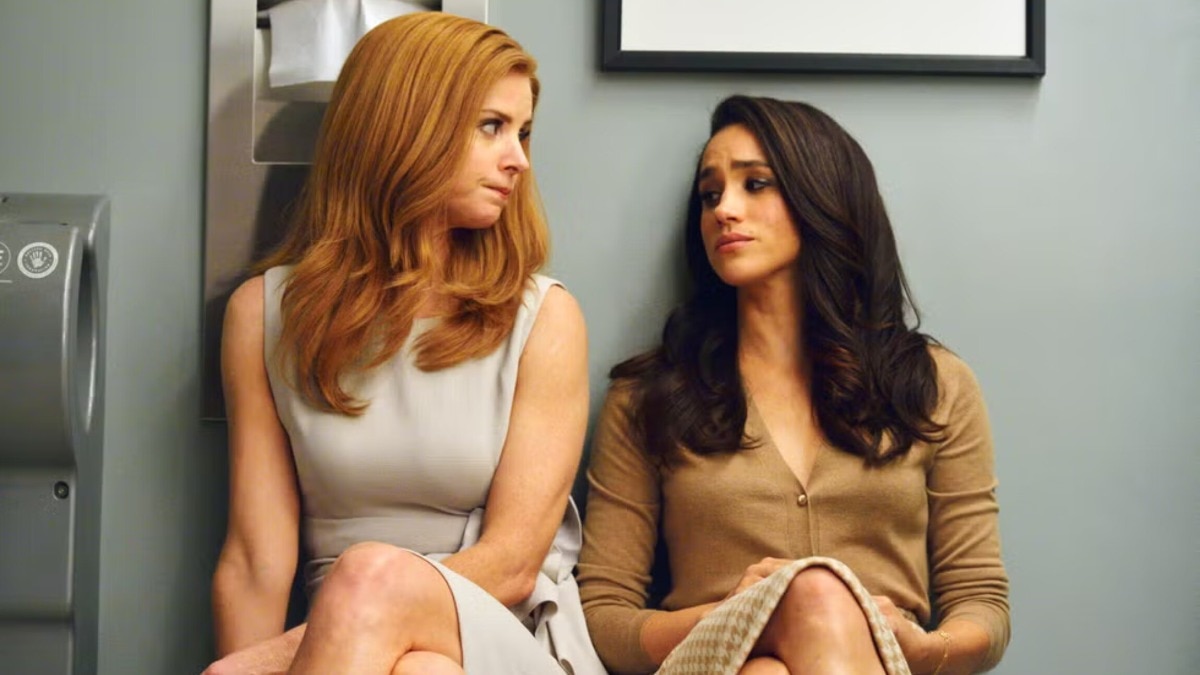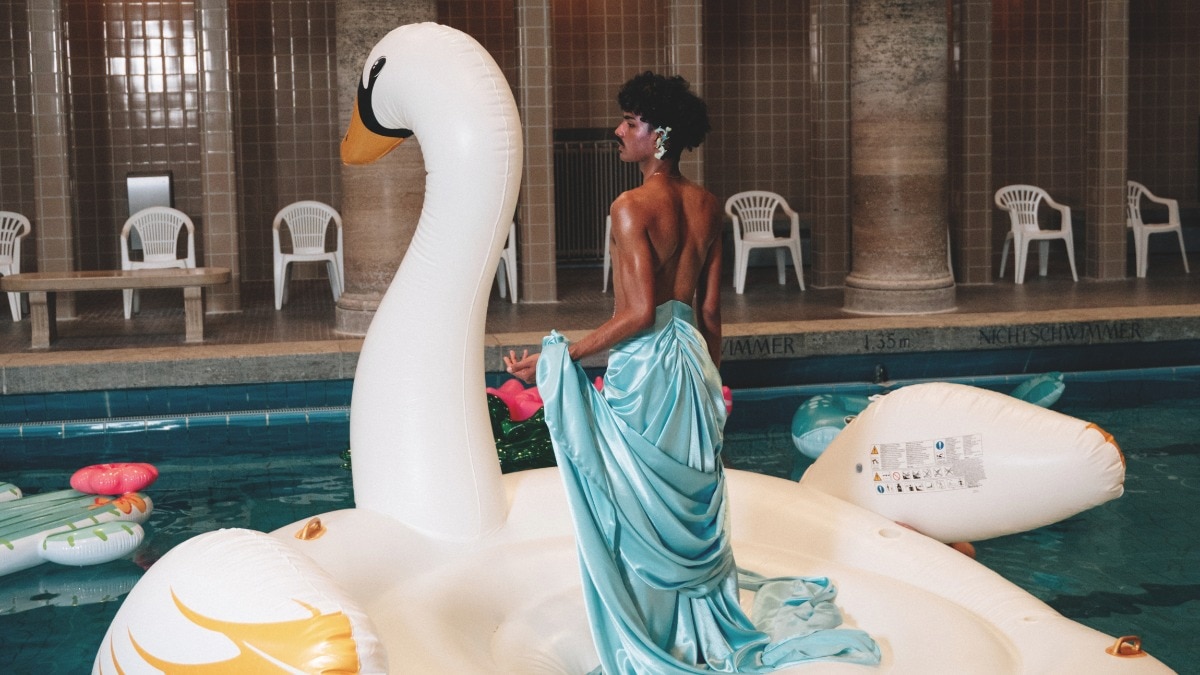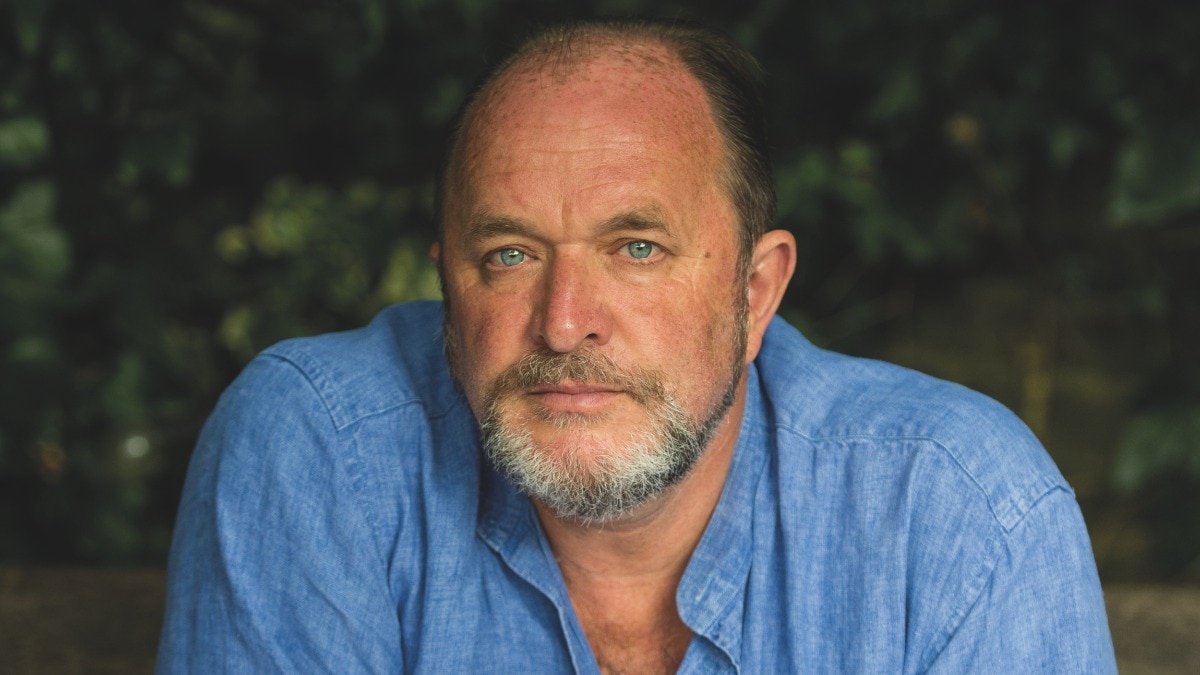#WomenInHistory: An author's effort to document those whose work has been forgotten
In the depths of the pandemic, Kate Mosse embarked on a mission to unearth forgotten female leaders from history. Here, she explains why understanding the past is vital to safeguarding gender equality today.


In January 2021, publishing my latest novel into the dark and longest lockdown in the UK, when bookshops were shut, I wanted to do something positive. With a few author friends—Paula Hawkins, Anita Anand, Bernardine Evaristo, Lee Child, Jojo Moyes, and Anthony Horowitz among them—I launched a social media campaign asking people to name a woman from history they felt should be better known. Within days, thousands of people from all over the world, from Japan to Russia, Haiti to Saudi Arabia, had joined #womaninhistory, nominating women of science and law, explorers and astronauts, playwrights and poets, prime ministers and community leaders, women of courage and conviction, women of conservation, warrior queens and quiet revolutionaries. So many extraordinary women, from every era of history and every part of the world, all of them deserving to be household names. Yet, they were not.

As the names continued to roll in, the experience of learning about these forgotten female stories, unheard or ignored, sent me back to a question that has dominated my writing life: What is history? Who controls the narrative? Who decides what matters and what does not, what is recorded and archived for posterity, and who is left to fade into obscurity? And, most significantly, why are women’s achievements so easily overlooked or misattributed? In science, it’s known as the ‘Matilda Effect’—the routine airbrushing of women from history or the misattribution of scientific discoveries to their male counterparts. The phrase was coined by the science historian Margaret Rossiter in the 1970s (after the 19th-century American suffrage campaigner Matilda Joslyn Gage) to describe the many women of science whose contribution or skill was attributed to their male colleagues—think of the Austrian nuclear physicist Lise Meitner, who in 1944 had to watch as the Nobel Prize was given to her male colleague for their joint work. Meitner was nominated 19 times for a Nobel Prize in chemistry between 1924 and 1948, and 29 times for a Nobel Prize in physics between 1937 and 1965, yet never won.
The more I listened, researched, and read, the more examples I found of the Matilda Effect in every area of female endeavour—palaeontology, space exploration, warfare, invention, sport. So how could it be that, when women make up half the world, our achievements have so often disappeared from the record? Was it by design, by neglect, or because those preserving documents didn’t consider women’s input of equal value? The process, which became a book, threw up an additional question: Regardless of the time period or circumstances in which they were born, did these trailblazing women from antiquity to the present day have certain characteristics in common—strength, stamina, financial independence, empathy, courage, principle, endurance? If so, there had to be something we could learn from this in today’s struggling world, when women’s rights are under attack and inadequate political leadership seems often a matter of self-interest rather than public service.
Warrior Queens & Quiet Revolutionaries—which is a part detective story into my own family history and part celebration of nearly 1,000 women from history—travels all over the world and through time. The challenges that faced the mediaeval Mongolian warrior princess Khutulun were, of course, very different from those confronted by Whina Cooper when she was campaigning for Maori land rights in 20th-century Aotearoa, or Tcheng Yu-hsiu when striving to become China’s first female judge. But in terms of leadership, I think there are commonalities.
The rallying cry from Hillary Rodham Clinton’s 2017 speech—"Resist, insist, persist, enlist"—encapsulates the spirit of many of the women showcased in the book. In a contemporary working context, true leadership is about resisting attempts to limit our opportunities, about insisting on our right to contribute, about persisting in our efforts to overcome hurdles and discrimination, about enlisting allies in order to achieve our goals. To these, I’d add that documenting and promoting our achievements, and those of other women, is essential. Visibility matters, both in terms of the accuracy of the historical record and in terms of inspiring those following behind. The African-American civil-rights and children’s-rights activist Marian Wright Edelman is credited with coining the phrase "You cannot be what you cannot see", and it holds true 60 years later.
Though history is a pendulum—rights and opportunities won can easily be lost or taken away—representation is, thankfully, improving in many fields. But part of the problem is that, even when women are in the room, men are still primarily the gatekeepers of history, so our presence is not always recorded. A 2018 survey of Wikipedia entries found that—across all language platforms—some 90 per cent of editors were male, with fewer than nine per cent female and one per cent identifying as "other". As an organisation, Wikipedia (which, aside from this, I greatly admire) is not untypical: in the Oxford Dictionary of National Biography, as of September 2021, there were 64,451 biographical articles about men and 9,315 on women.

So what can we do about it? Many of us have set up our own organisations and women’s networks—Stephanie Shirley’s Freelance Programmers (the first programming company run by and for women) in 1962, Anita White’s Women in Sport Foundation in 1984, the Women’s Prize for Fiction in 1996, Jude Kelly’s Women of the World in 2010, to name but a few—while others try to transform women’s opportunities from within. What matters is that we promote, amplify, and publicise what we are doing. Women have to be involved in the writing of history, as well as making it. Part of that is linking what is happening now to the efforts and struggles of those in whose footsteps we walk. We can celebrate the English triumph at the European Women’s Championship in July 2022, but we should remember that FA banned women’s football in 1921 and did not reverse that until the 1970s, after intense campaigning. So, let’s use the energy and enthusiasm of millions of viewers worldwide to keep things moving forward, not only to cement the Lionesses’ place in history but also to support the thousands of girls who signed up for football training, dreaming of becoming the next Beth Mead or Ellen White. The national outpouring of joy at their victory confirms that when women stand together, when we honour those who went before us, we can change things for the better.
The great Supreme Court Judge Ruth Bader Ginsburg—known as the "notorious RBG"—wrote: "Women belong in all places where decisions are being made. It shouldn’t be that women are the exception." A warrior queen or a quiet revolutionary, we all have it in us to make a difference.
This piece originally appeared in the print edition of Harper's Bazaar UK.










